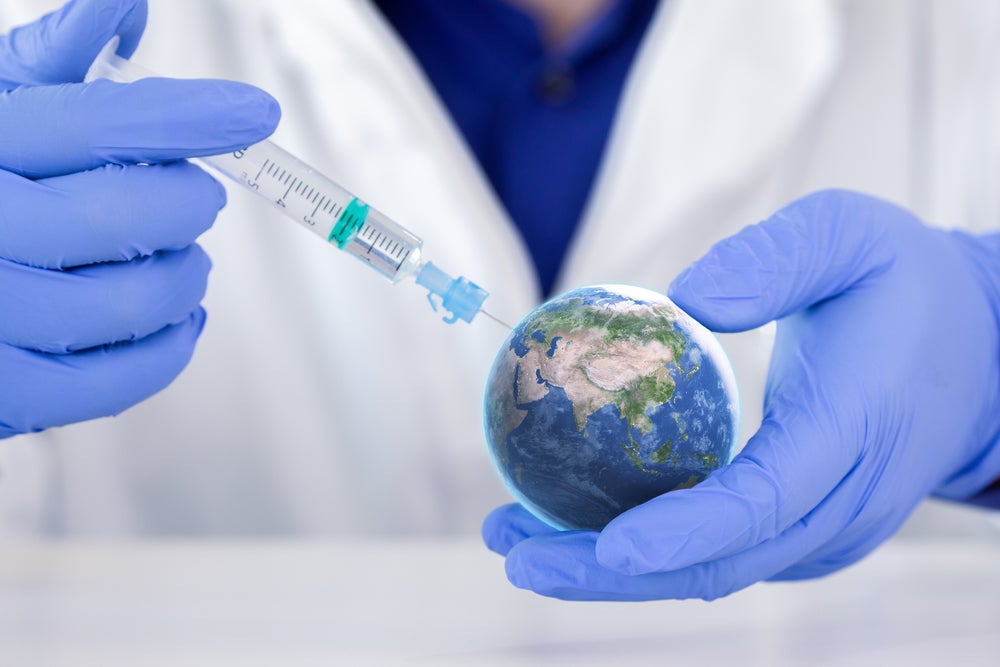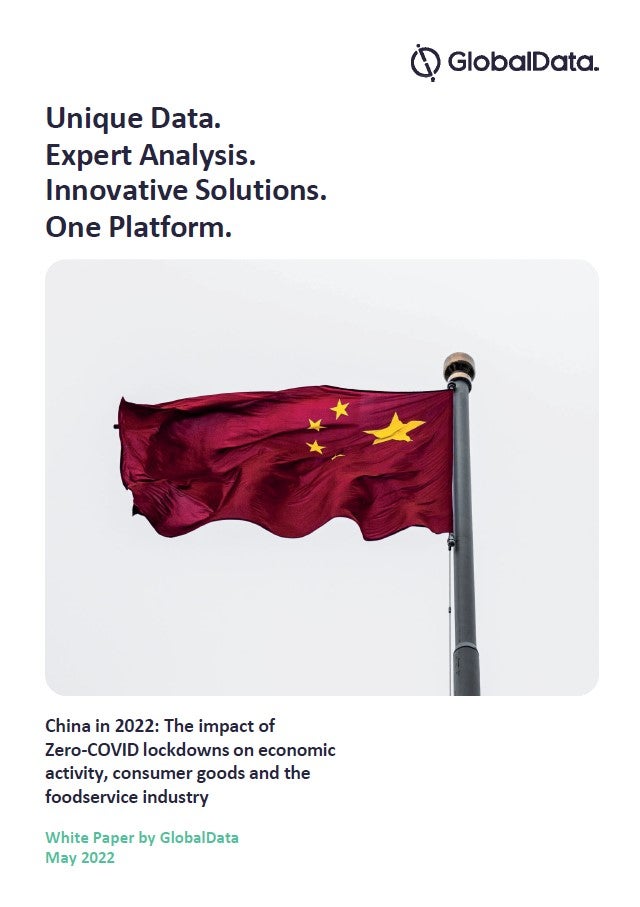
As Covid-19 cases and deaths continue to surge in low and middle-income countries, maximising access to life-saving vaccines is crucial to combating the pandemic. That’s where Colorado-based biotech start-up VitriVax, which has tasked itself with “eliminating the barriers to global vaccination”, comes in.
Two of the key obstacles to getting shots into arms globally are maintaining the thermostability of vaccines during transport and storage, and the need to administer multiple doses to ensure proper inoculation against the virus.
The benefits of VitriVax technology
VitriVax has developed a platform with the potential to circumvent these major barriers. The company’s Atomic Layering Thermostable Antigen and Adjuvant (ALTA) technology could enable the development of vaccines that can be transported and stored without complex refrigeration and temperature monitoring requirements.
The ALTA platform also aims to compress multi-dose vaccines into a single shot, enabling full immunisation through the timed release of antigen/adjuvant complexes weeks or months after injection.
To ensure the vaccines’ thermostability, VitriVax uses a spray-drying process to embed antigens and adjuvants in a sugar glass matrix; the company says the vaccines can be kept at temperatures as high as 70° Celsius (158° Fahrenheit) for months.
How well do you really know your competitors?
Access the most comprehensive Company Profiles on the market, powered by GlobalData. Save hours of research. Gain competitive edge.

Thank you!
Your download email will arrive shortly
Not ready to buy yet? Download a free sample
We are confident about the unique quality of our Company Profiles. However, we want you to make the most beneficial decision for your business, so we offer a free sample that you can download by submitting the below form
By GlobalDataThe single-shot timed release of the vaccines is enabled by applying nanometre-thick precision coatings of protective metal oxides on the surface of antigen- and adjuvant-containing spray-dried microparticles. Using this method, VitriVax says, timed doses can be released up to six months after injection.
The extended shelf-life, easy transportation and reduced dosing requirement of ALTA-reformulated vaccines could drastically improve global access to Covid-19 jabs, particularly in lower-income countries where vaccine scarcity has left many of the most vulnerable without even a single dose.
Investment in the ALTA platform
VitriVax has established partnerships with a number of clinical- and commercial-stage pharmaceutical partners across a wide range of disease areas and modalities. The research leading to the ALTA platform was supported by grants from the National Institutes of Health, the State of Colorado and the Bill & Melinda Gates Foundation.
This month, the company closed a series A financing round with Adjuvant Capital, a life sciences investment fund that “aims to drive meaningful improvements in the public health of low and middle-income countries”.
Proceeds from the round will go towards developing and commercialising the ALTA platform. Along with the investment, Adjuvant Capital’s Charlie Petty and Glenn Rockman have joined VitriVax’s board of directors.
VitriVax CEO Matt Raider said in a statement: “We could not be happier to partner with Adjuvant Capital as our lead investor to help us maximise the impact of VitriVax and our game-changing ALTA formulation platform.
“Building on the early development of our technology at CU Boulder, with support from the Bill & Melinda Gates Foundation, we are excited to work alongside Adjuvant and its partners to further advance the platform and enable new and improved vaccines and therapeutics for high-value public health challenges.”



